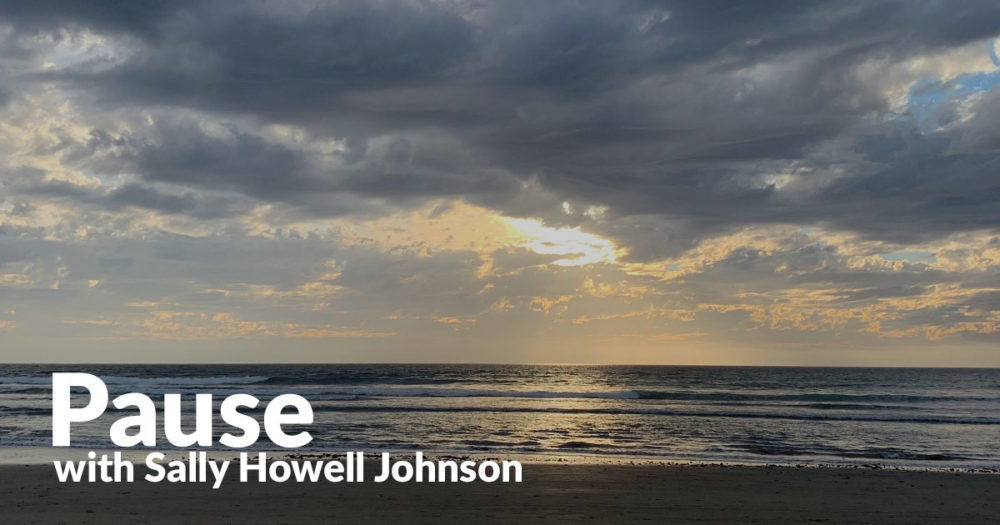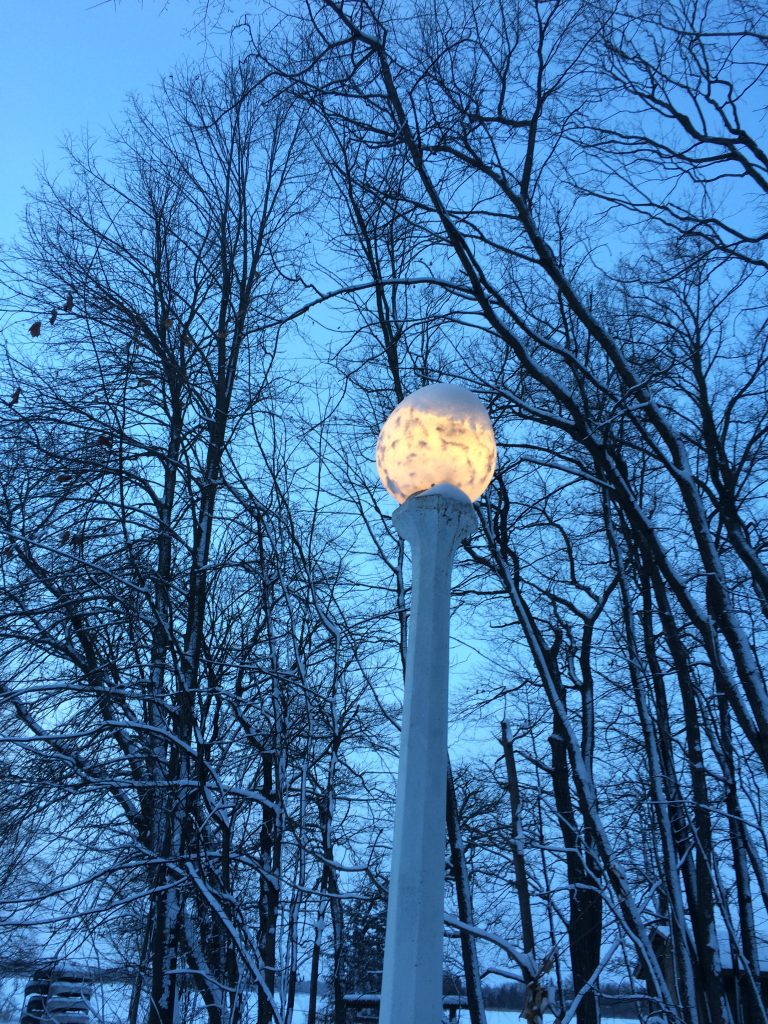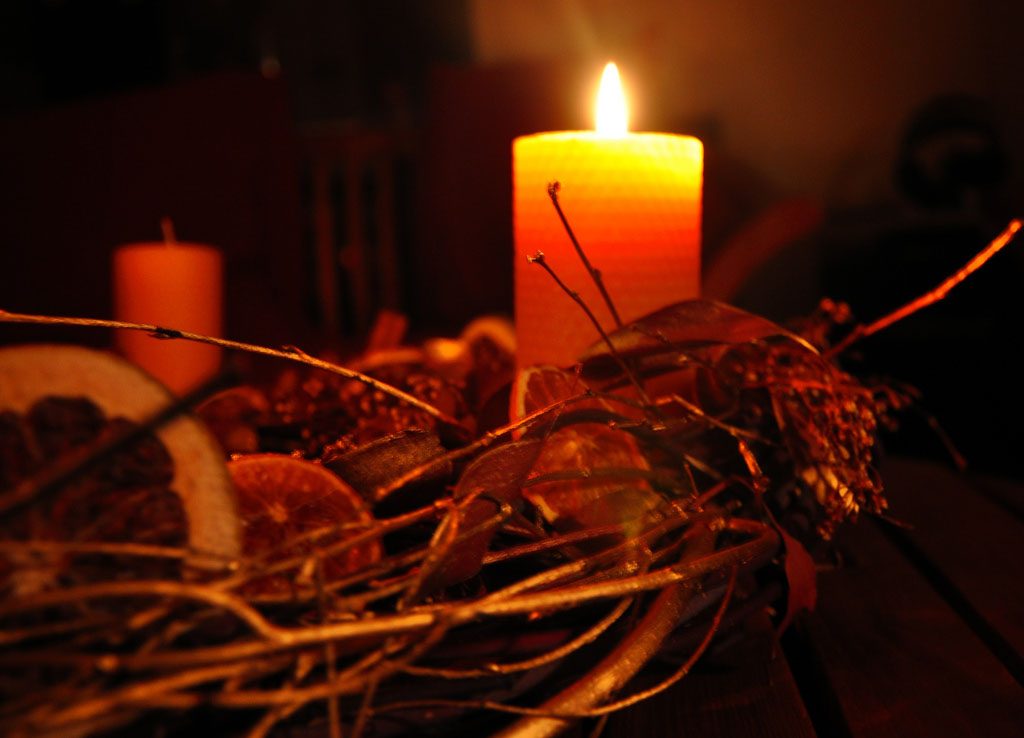**This post was written on December 14, 2009. Amazing to think that the children not yet born are now eight years old!
“The world has tilted far
from the sun, from colour and juice…..
I am waiting for a birth that will change everything.”
~ Hilary Llewellyn-Williams
Here in the northern hemisphere, more particularly in Minnesota and regions near, we are experiencing the darkness of December. We have only two more minutes of light to lose before the Winter Solstice on December 21st. The interesting thing is that it does not get dark sooner in the evening but instead stays dark longer in the mornings. With the fresh snow that fell over night, I watched the neighborhood children run toward the bus this morning, white springing up from their feet as they moved through early morning shadows. Our world, tilted toward darkness, or away from the sun whichever way you tend to think of it, is the landscape of Advent. We live tilted….toward something….away from something.
As I look out my office window the twisted limbs of the strong oak tree is dusted with snow that clings to its gray branches making a silhouette of jagged edges against an even grayer sky. It is difficult to look at it and remember the full greenness of its alive state. And yet, its roots are still reaching down into the earth, tilted toward the life that will travel through root and branch and limb to form the leaves of next summer. It is in a stagnant time, a dark time, waiting for life to once again course through its full body. It seems almost to be in prayer.
I am blessed to be surrounded by several pregnant women these days. I watch them move in the cold of these days knowing they house life within the darkness of their wombs. While everything seems to be in stillness, in suspension, these women carry a life that will change everything for them. Families will grow. Houses will need to take new shape, find new space for an addition that will alter how things have been done before. Parents, grandparents, friends, neighbors will embrace a newness that will surprise them and change how they relate to one another.
This winter season can be a burden for many, a nuisance to others. But for me, I want to embrace this darkness, this chill that is void of color,lacking juice. In these days when we are tilted from the sun that brings warmth and greenness and life, I believe it is important to remember all that is nurtured in darkness, in Mystery. I want to spend these days waiting in expectation for the return of the Sun…..and the birth of the Child….that will change everything.












